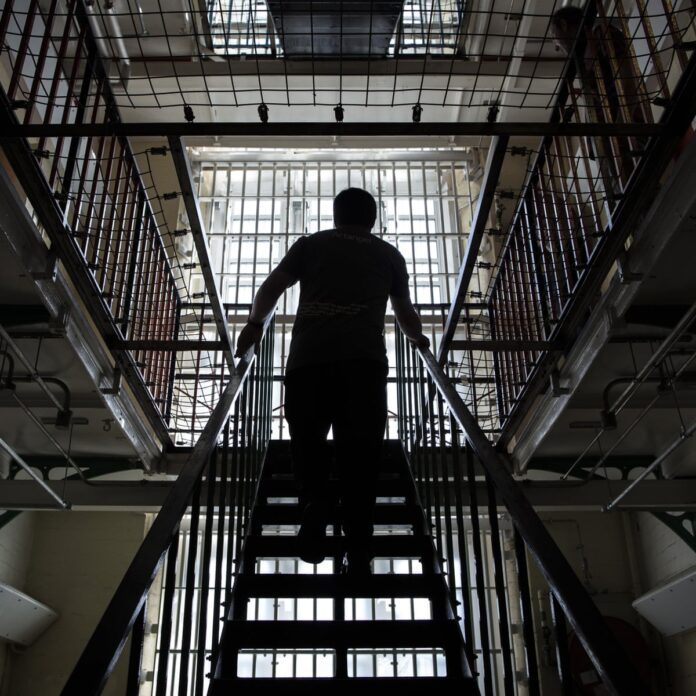The mental health crisis in prisons will continue unless root and branch reform takes place, a report by the Justice Committee has found.
A disjointed and incoherent approach to care has left many prisoners suffering from mental health issues undiagnosed and unable to access care.
It calls on the NHS, Ministry of Justice and the Prison and Probation Service to implement a system of integrated care, that improves identification of mental health issues, provides seamless care while in prison and supports transition to care in community settings on release.
The report further calls for an end to practices that see prisons used as a safety net for when mental health services are inadequate or missing in the community.
The Government must address the lack of capacity to support community orders with mental health requirements that means it is not a sentencing option in many parts of the country. The Committee also welcomes Government proposals to end the concept of prison as a ‘place of safety’ for those with acute mental health needs and calls for this practice to be abolished by 2022.
Roughly 10% of the prison population are receiving treatment for mental illness, however as many as 70% may be suffering from mental health issues.
The true scale of the mental health crisis is not well understood because data collection, on the extent of mental health issues and spending on treatment, is poor. Without this benchmark data it is not possible to develop strategies to improve support or assess the current quality of intervention programmes say MP’s.
One in 12 prisoners do not receive a health screening appointment within 24 hours of arrival in prison, and BAME prisoners are less likely to have a mental health condition identified than white prisoners.
Covid-19 has placed additional pressures on both inmates and staff. Increased restrictions on their daily lives to prevent the spread of infections, as well as the anxiety of becoming ill are likely to have caused an increase in demand for mental health support.
Publishing the report, Chair of the Justice Committee Sir Robert Neill MP said:
“Mental health in prisons is not treated with the focus it needs. When there isn’t sufficient data to even give an indication of the scale of the problem it is clear that there needs to be concerted and systemic reform. We do not know how many people are missing out on the help they so desperately need or how effective current mental health support systems are and this needs to change fast.
“We are calling on the Prison and Probation Service, NHS and Ministry of Justice to work together to develop an integrated approach to mental health in prisons. It must ensure that all prisoners with mental health needs are identified and guided to support services. Care must be seamless, both in accessing different physical and mental health support, and in ensuring a smooth transition to community care when leaving prison.
“We have a duty of care to those who are in prison and we must do more to live up to it.”







